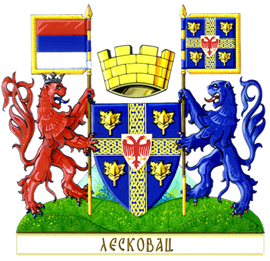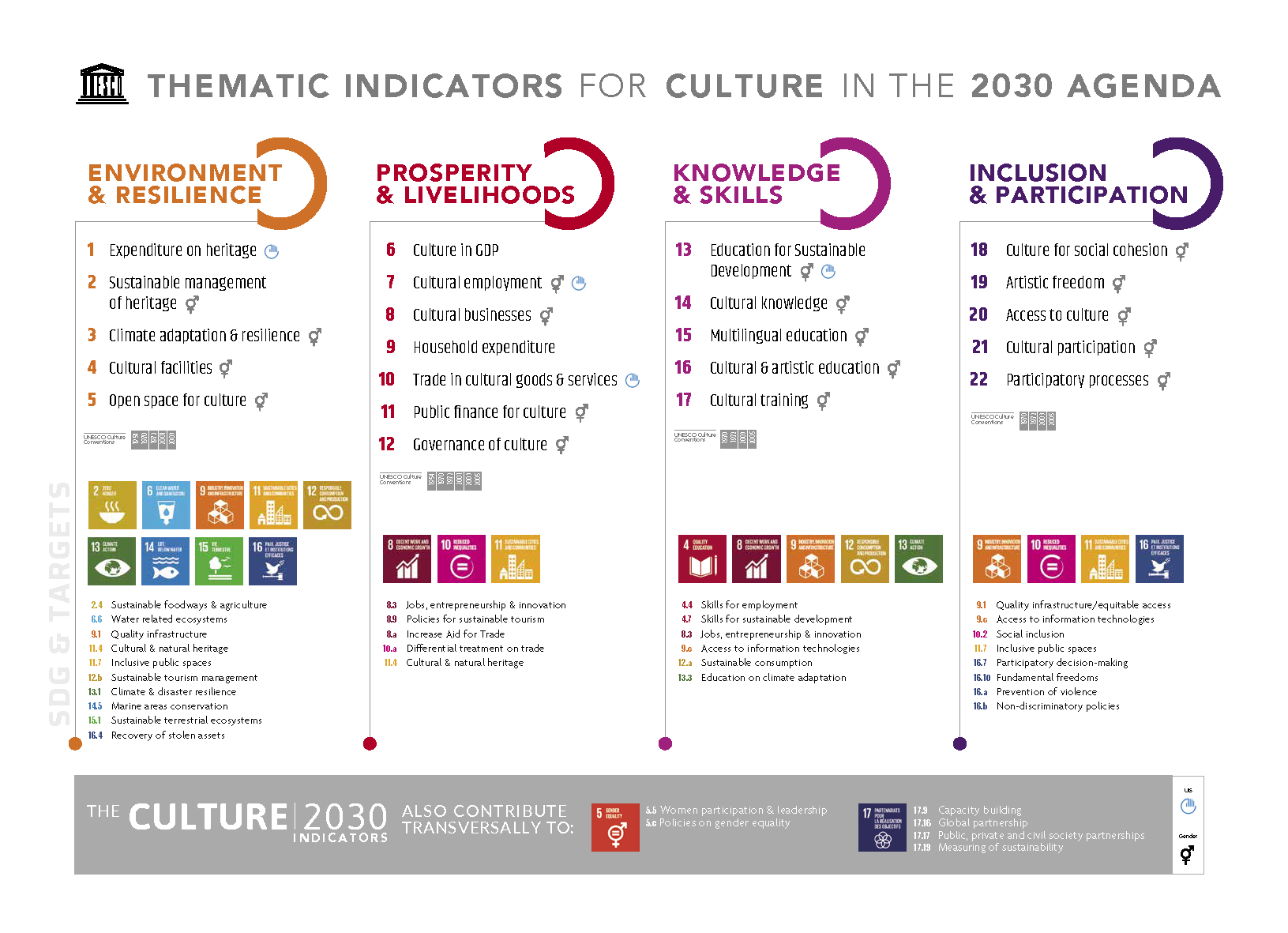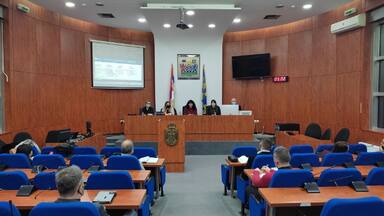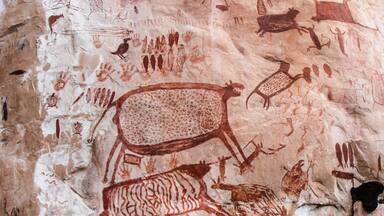Partners
Implementation of the UNESCO Culture|2030 Indicators in Serbia and the city of Leskovac is with is with the support and partnership of the Ministry of Culture and Media and the city of Leskovac.
This is part of the pilot implementation in South - East Europe, overseen by the UNESCO Regional Bureau for Science and Culture in Europe in collaboration with the UNESCO World Heritage Centre in Paris.
Brief
The UNESCO Thematic Indicators for Culture ( UNESCO Culture|2030 Indicators) is a framework of thematic indicators whose purpose is to measure and monitor culture’s enabling contribution to the national and local implementation of the 2030 Agenda for Sustainable Development. It has been developed with the UNESCO Institute for Statistics (UIS) and other partners.
It provides 22 indicators grouped in four thematic dimensions:
Environment & Resilience
Prosperity & Livelihoods
Knowledge & Skills
Inclusion & Participation
Each dimension is linked to the sustainable development goals and the UNESCO Culture Conventions.
‘SDG 5’ on Gender equality and ‘SDG 17’ on Partnerships are cross-cutting across the dimensions. Additional indicators are also under development to measure culture’s contribution to 'SDG 16 on peacebuilding
Stakeholders
While relying in priority on national statistical institutes, the UNESCO Culture|2030 Indicators will seek to bring together a variety of data sources, including from different ministries, observatories and public agencies, information systems for culture, specific barometers, specific national and regional surveys, and professional volunteer organization. The project will also support countries to enhance existing data within the UNESCO Culture Conventions periodic reports as well as the cultural data produced by UIS.
This process is highly collaborative engaging a wide of range of stakeholders involved in the policy spectrum, Ministries, departments, agencies operating in the four thematic dimensions of the framework (e.g. culture, development and planning, education, trade and industry, gender etc.), culture related organizations and networks, civil society and professional organizations, research institutions including academia and national institutes.
Implementation
The implementation of the UNESCO Culture|2030 Indicators trains and sensitizes national and municipal technical specialists, notably within statistical agencies or cultural institutions, in collecting and analyzing quantitative and qualitative data in the field of culture.
As part of the preparatory phase,Serbia and the city of Leskovac organized their kick off workshop on 15 November 2021, gathering 15 participants, including representatives from the national and local authorities, as well as other relevant Ministries, the national Bureau of Statistics and other competent entities whose work is informed by culture and heritage.
On 20 September 2022, a technical workshop to validate the results of implementation was organized by the Institute for the Study of Cultural Development, the main implementation partner on the project together with the Ministry of Culture and Information. The workshop was attended by representatives of the Ministry of Culture, the City Administration of the City of Leskovac, and the Republic Statistical Office. Participants included researchers from the Institute for the Study of Cultural Development from various departments with expertise in one or more thematic dimensions of the Culture 2030 Indicators, as well as representative from the Institute for Creative Entrepreneurship and Innovation dealing with economic aspects of culture, applied research and encouraging innovation in the creative sector. A final restitution workshop for results dissemination is planned to be held in Belgrade later this year.
Data Bank
Implementation results of the UNESCO Culture|2030 Indicators are available on the UNESCO Culture|2030 Indicators Data Bank






